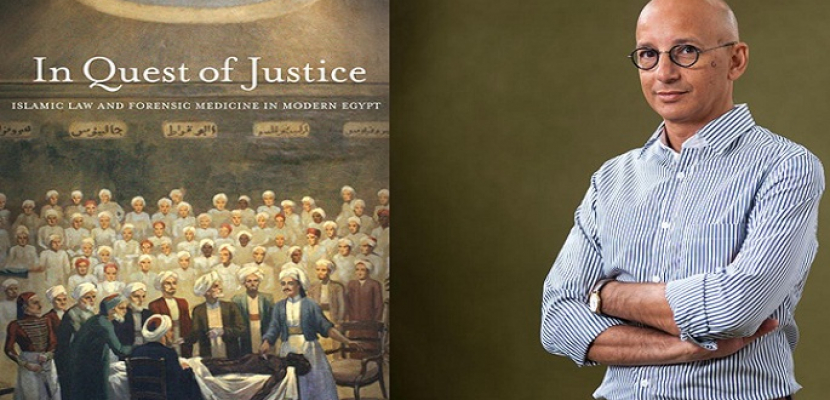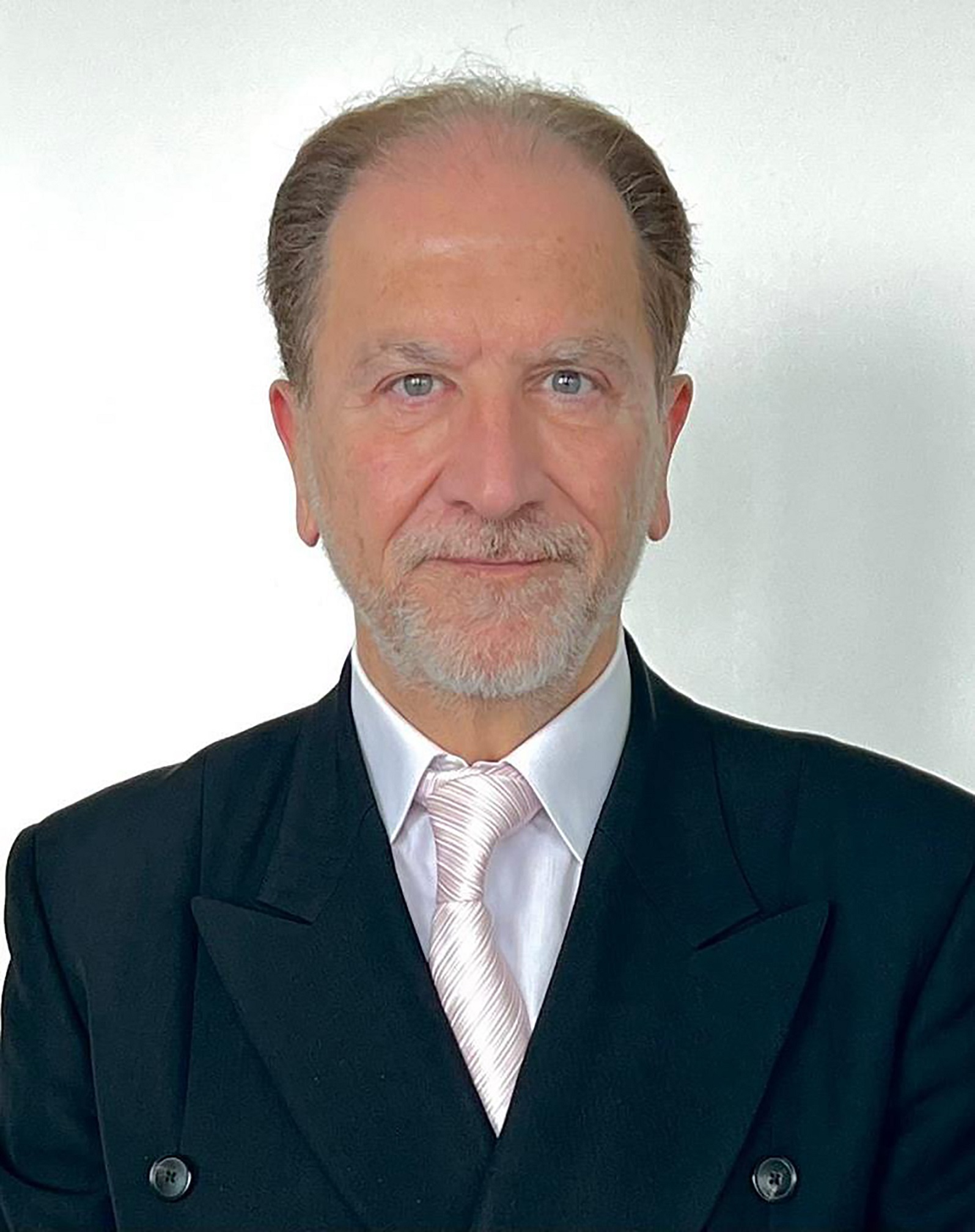Dubai- Masaader News
The Society for Social History in Britain awarded its award for the best book this year to the Egyptian historian Khaled Fahmy, Professor of Modern Arab Studies at Cambridge University, for his book (The Pursuit of Justice: Law and Forensic Medicine in Modern Egypt) published in English.
The book deals with forensic medicine, especially anatomy, in the modern history of Egypt, and refutes the prevailing belief that the development that occurred in this field was due to European influence.
According to “Reuters”, the Society for Social History said in the rationale for awarding “the jury expressed true admiration for an understanding book, its rich sources, and attractive photography for both the main course of history and the experiences of ordinary people. The committee members agreed that any reader will learn a lot from this book.”
The award celebrates books published in English in cultural and social history, provided that the author is a resident of Britain, and provided that the book is at least the second of the author. The nomination of the book shall be through the publisher.
And to my understanding many publications and research, including (the body and modernity) issued by the House of Books and National Documents and (breathing the morning) by the House of Bashir for Culture and Science and (Sabil Muhammad Ali) jointly with Agnieszka Dubrovska.
In an online interview with him published by the Society for Social History website, Fahmy, 56, expressed his happiness at winning the award, and said that his passion for the history of medicine in Egypt and its impact on social life began through his many readings on this topic while preparing some of his previous books, especially the book (All Men Pasha Muhammad Ali and his army and building modern Egypt.
He added that he reached a conviction that medicine could help in the history of building modern Egypt in the nineteenth century, and he spent a long time reading historical documents, references, and periodicals that helped him write the book and benefited a lot from forensic reports attached to police records in murder and assault cases that were exciting Surprising and very accurate.







